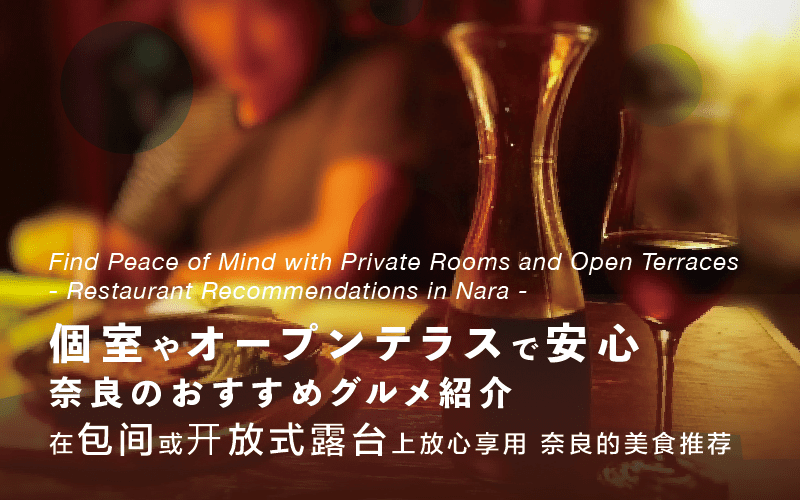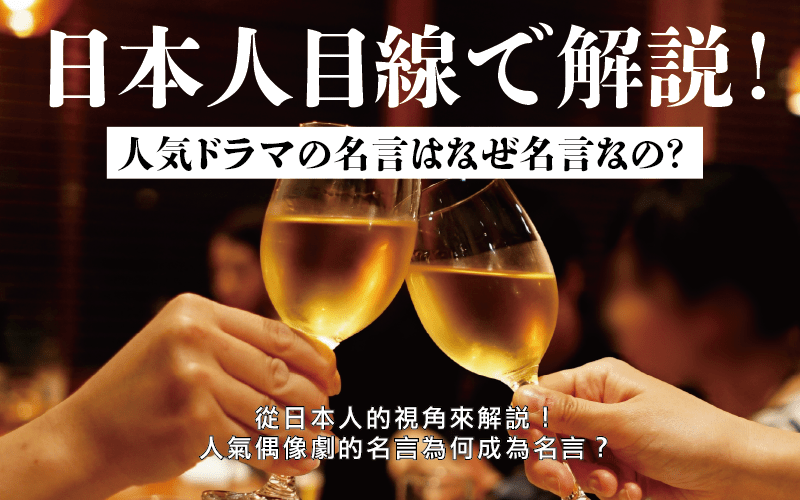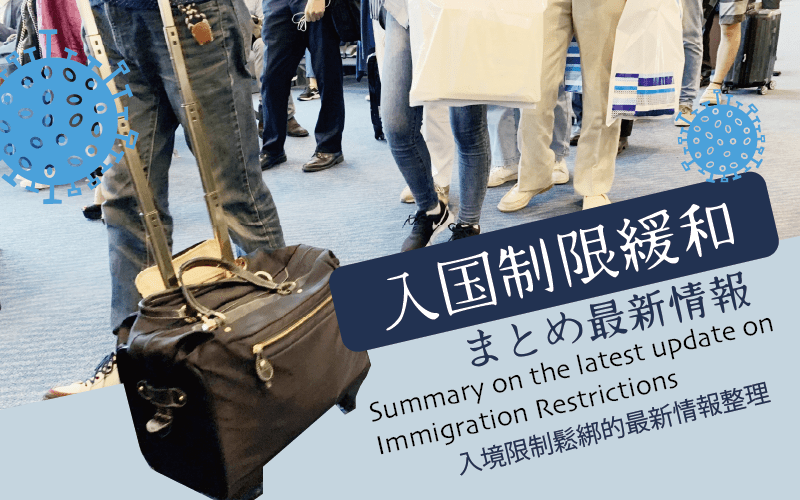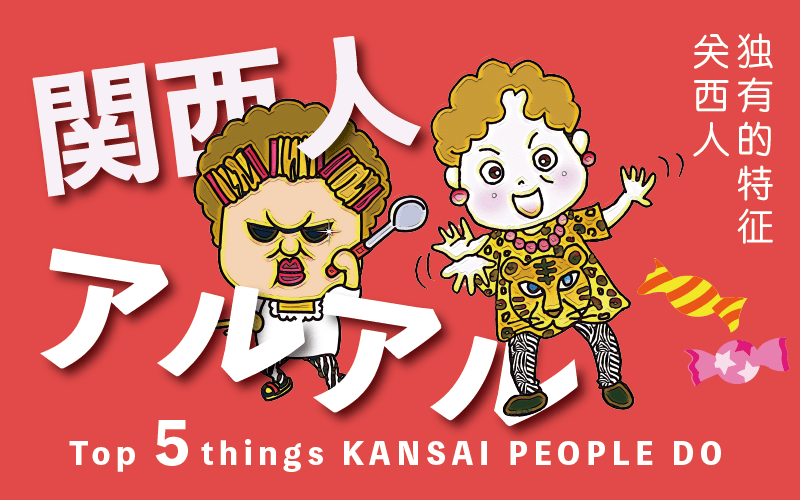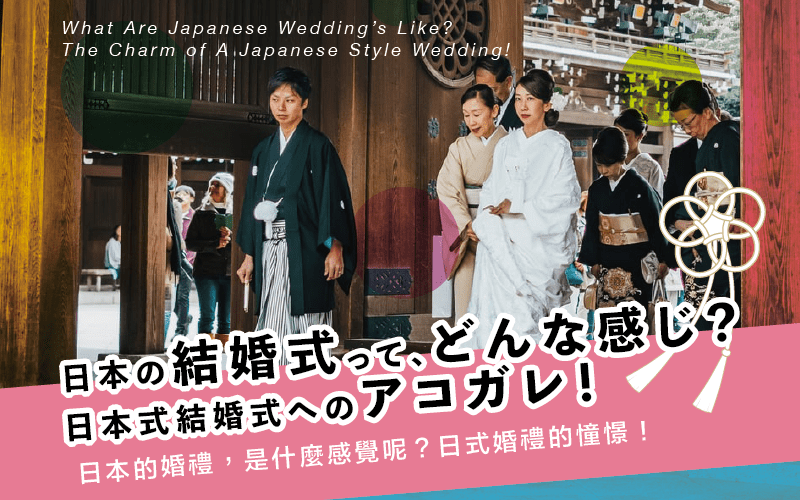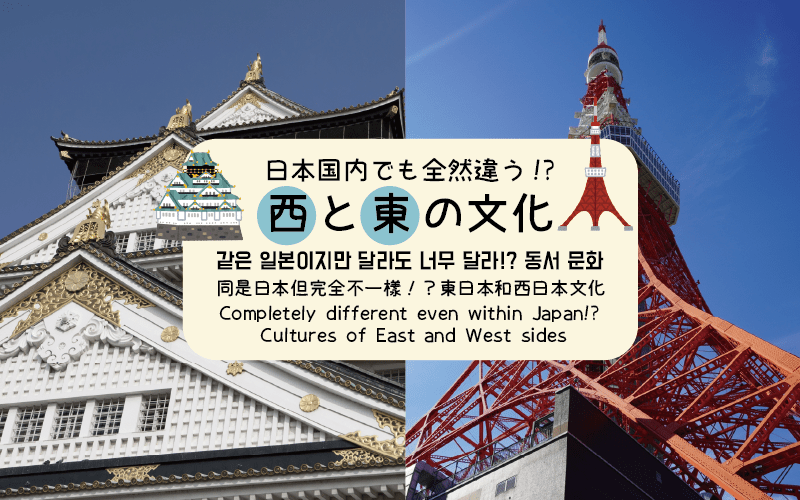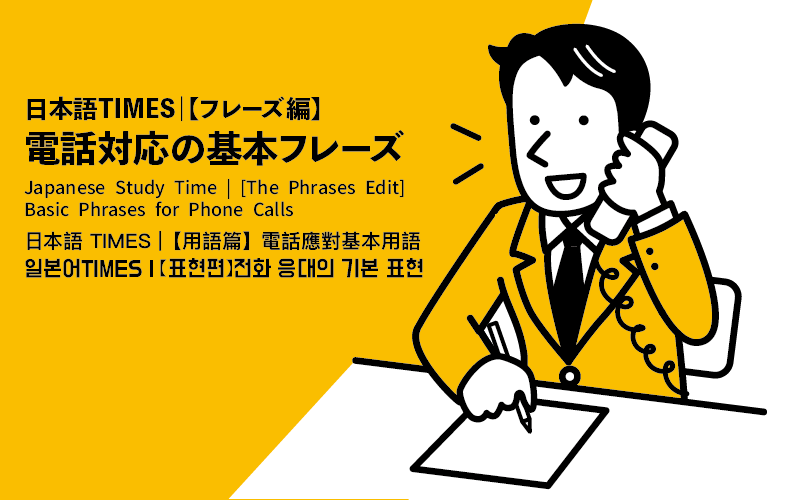As you use Japanese in the streets, you may encounter some words that are “What does it mean? or Maybe it’s used in a wrong way?”. In an everyday life, what defined as wrong by Japanese language schools are being taken for granted and used on a daily basis. Today, we’ll introduce 4 examples of such complicated Japanese phrases.
「コーヒーのほうお持(も)ちしました」
コーヒーのほうおもちしました。
Here is your coffee.

When you ordered a coffee at places like a cafe, have you ever been told “コーヒーのほうおもちしました”? It makes easier for you to understand to simply think “Here is your coffee.” Properly speaking, the expression, “~のほう”, is appropriate only when more than 2 things are ordered. But it is occasionally used even when only one thing is ordered.
In addition, “「〜ほうでよろしかったでしょうか」You would like this (food or drink) rather than the others (food or drink)?”, is used as well. In this case, it means “You would like this (food or drink), correct?”.
「こちらハンバーグになります」
こちらハンバーグになります。
Here it is, your hamburger.
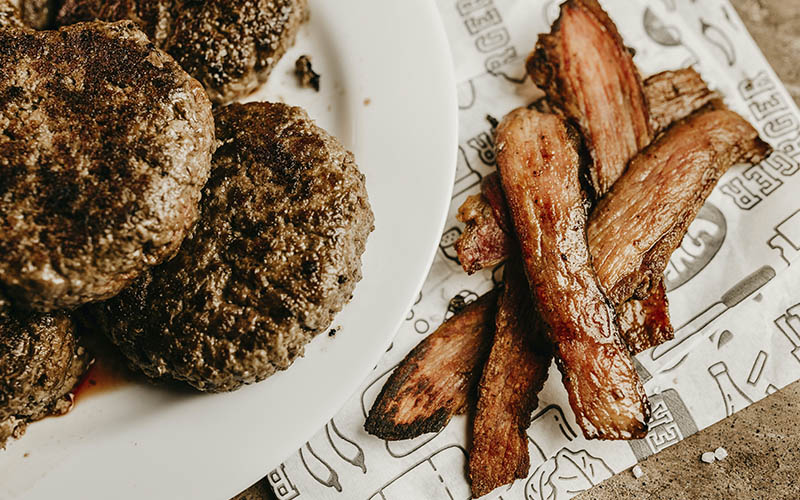
Have you ever been told “こちらハンバーグになります”, while your dish was being served? Literally, it could mean that something is going to turn into a hamburger now… But when it is used in restaurants, it means more like “Here it is, your hamburger.”
“〜になります” is also used in a way like “「お会計は1,000円になります」The total becomes 1,000 yen.” In this case, it has the same meaning as “The total is 1,000yen.”.
「いただきます」
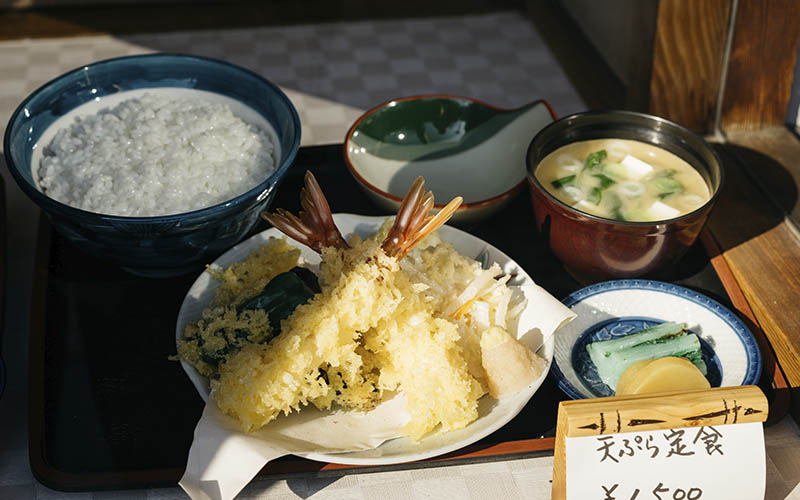
When you eat, don’t you often hear a word “Itadakimasu”? That is a Japanese greeting phrase used when people start eating meals, and that is Japanese people’s habit from their childhood. In the other countries, there isn’t any word that is equivalent to the “Itadakimasu”, and it might make it hard for some people to understand.
“Itadakimasu” is commonly known as a word that express appreciation, however, its detail is yet to be known. There are many debates regarding the objects of the appreciation including foods, gods, people who cooked, and so on. But for now, let’s just remember it as a greeting phrase which is used before we start eating. For your information, a phrase “Gochisosama Deshita” is used when people finish eating.
「1,000円からお預かりします」
1,000えんからおあずかりします。
I'll receive (the total price) yen in trust out of 1,000 yen.
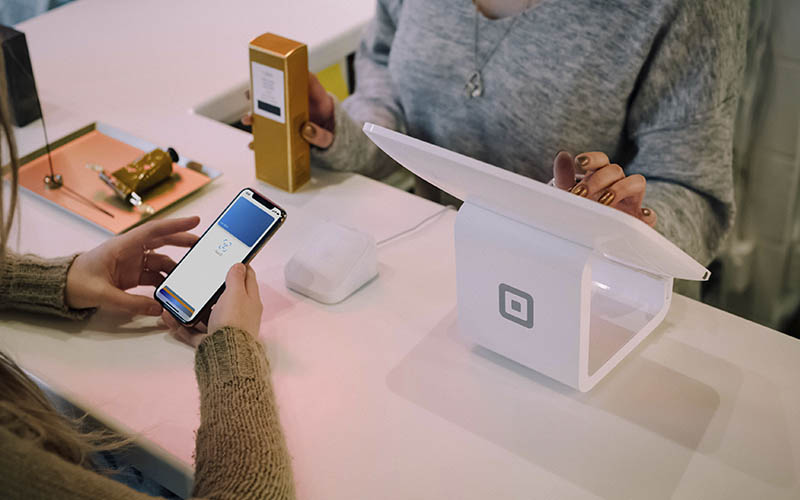
If a cashier tells you “1,000えんからおあずかりします” when you are trying to pay, you might get confused. It is easier to understand if you interpret it as “I'll receive (the total price) yen in trust out of 1,000 yen.” This is the phrase usually used by clerks when customers pay with larger amount of cash than the actual price.
Even phrases seem to be “Incorrect Japanese” are used on a daily basis.
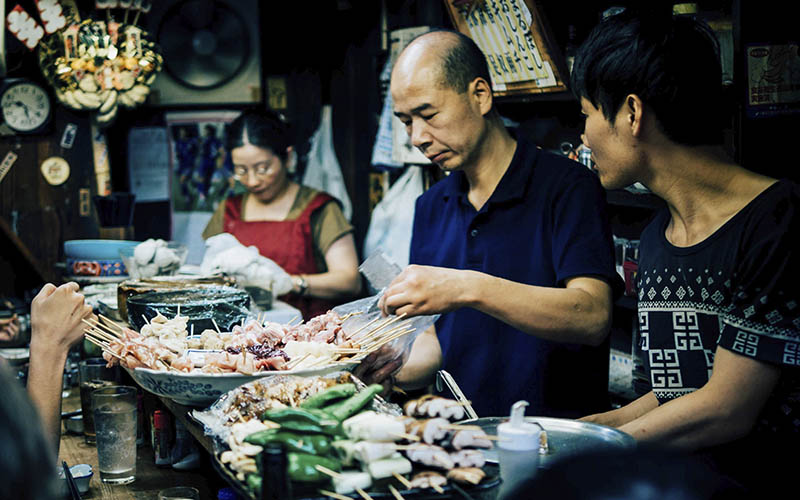
Most of the above-mentioned Japanese phrases are called “Manual Keigo”. Although some of them are considered as a wrong use of Japanese, they are commonly used in real life, so it is better to memorize them regardless.



